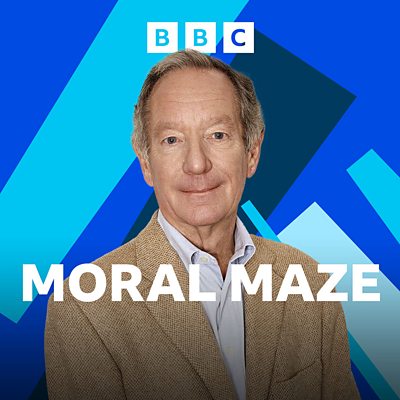Episode details

Available for over a year
Prime Minister Kier Starmer has described the UK’s formal recognition of a Palestinian state as a “moral duty”, saying the change in policy would, "revive the hope of peace and a two-state solution". The rising number of UN members following suit this week, marks a turning point in their approach to Israel since it began its war against Hamas in Gaza, following the October 7th atrocities. In that time, tens of thousands have been killed and more than one million displaced by Israel's military offensive. Why is Palestinian statehood recognition a ‘moral duty’ now, as opposed to decades ago? Does it put pressure on Israel to push for a ceasefire or does it reward terrorism? Does it represent moral leadership or gesture politics and hypocrisy? The Israeli prime minister Benjamin Netanyahu said that he had long opposed a Palestinian state because it would constitute “an existential danger to Israel”. Meanwhile, over a century of colonial legacies, wars, and failed diplomatic endeavours has led to scepticism that Palestinians’ aspirations for equality and freedom can ever be achieved. To what extent is the recognition of Palestine a moral priority in such a long and intractable conflict between two peoples who have competing claims to land, and who see the other as a threat? Chair: Michael Buerk Panel: Matthew Taylor, Giles Fraser, Mona Siddiqui and Tim Stanley. Producer: Dan Tierney
Programme Website